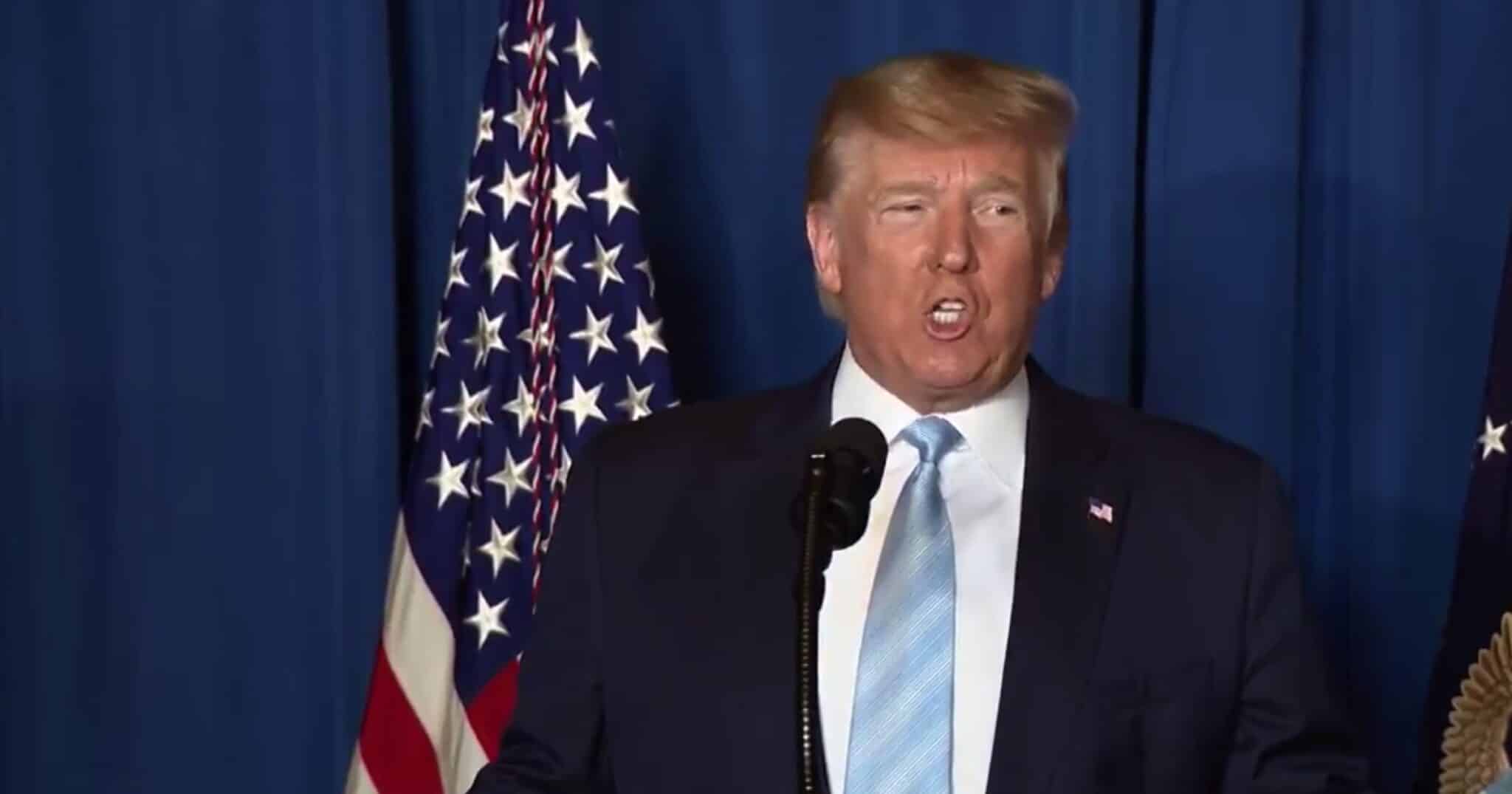








Sean Curran, well-known for his role in safeguarding President-elect Donald Trump, is poised to become the next director of the Secret Service, according to an announcement by Donald Trump Jr.
Fox News reported that Curran's nomination follows his critical involvement in protecting Trump during a failed assassination attempt in Pennsylvania, which resulted in two deaths and intensified scrutiny of Secret Service operations.
Curran presently leads Trump's personal security team, a position that has kept him in close proximity to the President-elect. His expected nomination as director signifies Trump's trust in his abilities, a sentiment echoed by Donald Trump Jr.
"President Trump will be naming Sean Curran, who heads his personal detail," said Trump Jr., emphasizing Curran's potential to bring stability to the agency.
The decision to nominate Curran comes on the heels of the assassination attempt in Butler, Pennsylvania. The incident not only emphasized the dangers surrounding political figures but also highlighted vulnerabilities within the Secret Service.
While Trump remained unharmed, the event tragically took the life of firefighter Corey Comperatore, aged 50. Two others, David Dutch and James Copenhaver, sustained gunshot wounds but survived.
In the aftermath, the Secret Service faced a wave of critique, ultimately leading to the resignation of its then-director, Kimberly Cheatle. Following her departure, Ronald Rowe Jr. stepped in as the acting director. Amid this turbulence, Curran's demeanor and effectiveness were noted to remain steadfast.
The Butler incident had a significant impact on restructuring priorities within the Secret Service, particularly related to high-profile protective operations.
Bill Gage, a recognized expert in security analysis, mentioned the trust formed between Trump and Curran during this period. "Trump wanted someone he could trust, and they clearly have formed a bond after Pennsylvania," Gage observed.
In defending the conduct of agents during the attempt in Pennsylvania, Gage highlighted that "the mistakes were from the advance team," while affirming that "the agents assigned to Trump and Curran performed exactly as trained."
As Trump's personal protector, Curran has maintained a low profile, a rarity in his field, where scrutiny is constant. His anticipated appointment marks a significant moment for the agency, particularly in addressing the continued attempts on Trump's life—this being the second failed attempt reported since September of the same year.
Donald Trump Jr. reiterated the suitability of Curran's leadership, stating, "Sean is a great patriot and will stop all the insanity once and for all." This endorsement points to the anticipated changes and stability the Trump administration expects under Curran’s directorship.
The intense pressure and expectations placed on Curran come at a time when the Secret Service is under renewed pressure to enhance security measures. Ensuring the President-elect’s safety, particularly after the recent attempts on his life, requires a director willing and able to re-evaluate and improve existing protocols.
Curran's nomination has sparked discussions about the future trajectory of the Secret Service and its readiness to confront evolving threats.
As he steps into this pivotal role, Curran's experience on the ground will be crucial in leading a recalibration within the agency.
Beyond the crisis in Butler, the Secret Service continues to manage its primary mission of protecting national leaders and critical events, a responsibility that necessitates both vigilance and adaptability. The lessons learned from these past incidents are expected to inform new strategies aimed at preempting future threats.
In anticipation of taking on the director role, Curran will be at the forefront of implementing structural changes and reinforcing the agency's core competencies. This leadership transition extends beyond immediate protection duties to addressing broader administrative and strategic concerns.
As the agency navigates this new chapter under Curran’s leadership, maintaining public confidence in the Secret Service and reinforcing the safety of national figures remains paramount.
With these objectives in mind, Curran's expected appointment invites close attention and optimism for effectively mitigating risks in today's challenging security landscape.


